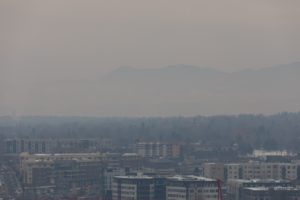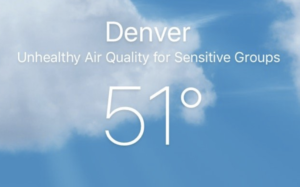
CO-04 (Special Election)
See Full Big Line
(R) Greg Lopez
(R) Trisha Calvarese
90%
10%

President (To Win Colorado)
See Full Big Line
(D) Joe Biden*
(R) Donald Trump
80%
20%↓

CO-01 (Denver)
See Full Big Line
(D) Diana DeGette*
90%

CO-02 (Boulder-ish)
See Full Big Line
(D) Joe Neguse*
90%

CO-03 (West & Southern CO)
See Full Big Line
(D) Adam Frisch
(R) Jeff Hurd
(R) Ron Hanks
40%
30%
20%

CO-04 (Northeast-ish Colorado)
See Full Big Line
(R) Lauren Boebert
(R) Deborah Flora
(R) J. Sonnenberg
30%↑
15%↑
10%↓

CO-05 (Colorado Springs)
See Full Big Line
(R) Dave Williams
(R) Jeff Crank
50%↓
50%↑

CO-06 (Aurora)
See Full Big Line
(D) Jason Crow*
90%

CO-07 (Jefferson County)
See Full Big Line
(D) Brittany Pettersen
85%↑

CO-08 (Northern Colo.)
See Full Big Line
(D) Yadira Caraveo
(R) Gabe Evans
(R) Janak Joshi
60%↑
35%↓
30%↑

State Senate Majority
See Full Big Line
DEMOCRATS
REPUBLICANS
80%
20%

State House Majority
See Full Big Line
DEMOCRATS
REPUBLICANS
95%
5%
 March 22, 2019 12:02 PM UTC
March 22, 2019 12:02 PM UTC 0 Comments
0 Comments

Comments